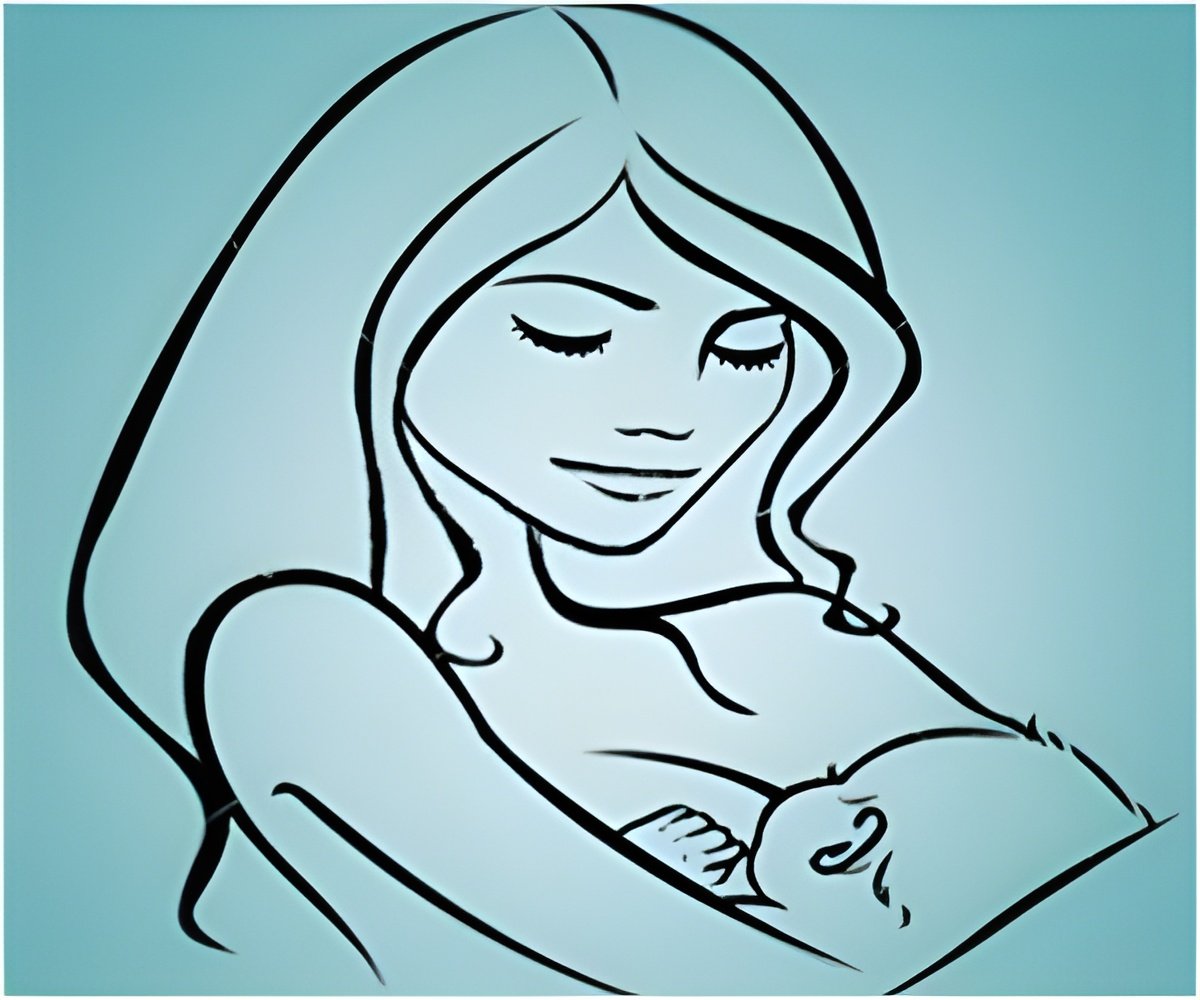
‘Babies who are not breastfed within an hour of birth have 33 percent higher risk of neonatal mortality. Hence, Improving breastfeeding practices could save the lives of more than 800,000 children under five every year.’
Tweet it Now
"The India data points to the fact that the breastfeeding initiation within an hour after birth has almost doubled in India, increasing from 23.1 percent in 2005 to 41.5 percent in 2015," the report said. Citing the National Family Health Survey (2015-16), the report notes that 54.9 percent children are exclusively breastfed for the first six months of life, and use of water and other fluids is one the main reasons for discontinuation of exclusive breastfeeding.
Children who are not breastfed within one of an hour of birth have 33 percent higher risk of neonatal mortality, and the challenge that India faces is to ensure that breastfeeding starts in time and children are given only breastmilk in the first six months of life, the report warns.
"Breastfeeding gives all girls and boys the healthiest start in life. It stimulates brain development, boosts their immune systems and helps protect them from chronic conditions later in life," said Yasmin Ali Haque, Unicef India Representative.
"Breastfeeding is one of the smartest investments to boost human capital, stimulate economic growth and give every child the same opportunity to thrive. We need to support all mothers to initiate breastfeeding early, exclusive breastfeed for the first six months and continue to breastfeed for at least the first two years."
Advertisement
"Improving breastfeeding practices could save the lives of more than 800,000 children under five every year, the vast majority of whom are under six months of age." Babies breastfed for the first time at 24 hours after birth had twice the risk of death than those breastfed within their first hour.
Advertisement
It also notes that the proportion of babies breastfed immediately after birth varied greatly from country to country.
It said breastfeeding rates within the first hour after birth are highest in East and Southern Africa (65 percent) and lowest in East Asia and the Pacific (32 percent).
Nearly one in 10 babies born in Burundi, Sri Lanka, and Vanuatu are breastfed within the first hour. By contrast, only two in 10 babies born in Azerbaijan, Chad, and Montenegro do so.
The report warned that a delay in breastfeeding is linked to an increased risk of infant death. Those first breastfed between two and 23 hours after birth face a 30 percent higher risk of death within their first 28 days than those breastfed within the first hour after birth, it said.
Source-IANS











